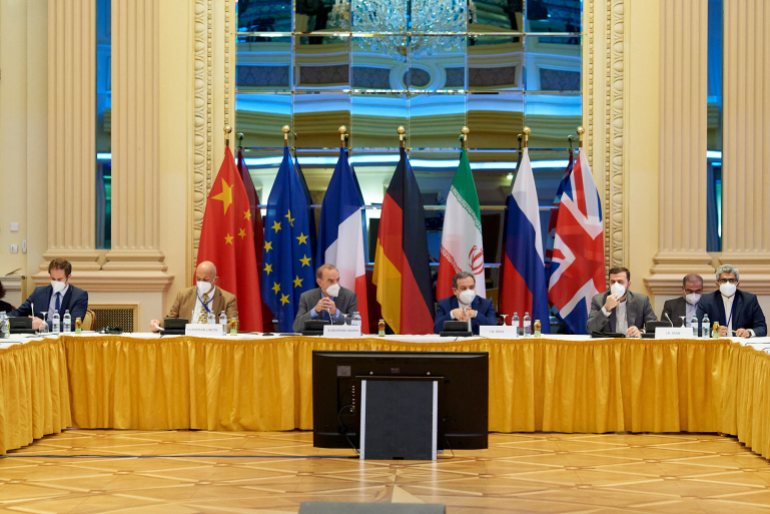US Ambassador to Israel Thomas Nides said that Washington is still seeking to return to the nuclear agreement with Iran, stressing his country's commitment to reassure Israel and its allies not to allow Tehran to acquire a nuclear weapon.
"Regardless of whether Washington returns to the nuclear agreement or not, the administration is committed to reassuring Israel and its allies not to allow Iran to obtain a nuclear weapon. This is a commitment from the president, and we want to achieve it through diplomatic means," he stressed.
He continued, "We made it unequivocally clear to the Iranians that we have conditions, and I think Minister Anthony Blinken was clear about that and it's up to the Iranians.
On the other hand, "Noor News" website, which is close to the Iranian National Security Council, stated that the outstanding issues in the Vienna negotiations are not limited to removing the Revolutionary Guards from the lists of terrorism.
The "Noor News" website indicated that there are outstanding issues in the Vienna negotiations other than the issue of the Revolutionary Guards, and said that Washington refuses to solve them.
Iranian nuclear negotiations in Vienna stopped more than two weeks ago (Anatolia)
accusations
It is noteworthy that the Iranian negotiating team in the Vienna talks announced in mid-April that negotiations with the five permanent members of the UN Security Council and Germany had stopped, after Iranian accusations leveled by a member of the Tehran negotiating delegation, Muhammad Marandi, to the United States of suddenly changing its behavior and orientation in the negotiations. Without further details.
Thus, the recent Iranian position has overthrown months of optimism expressed by European delegations and American statements about the possibility of reaching an “imminent” agreement, and Washington’s belief, based on the statements of State Department spokesman Ned Price on April 4, that there is an opportunity to overcome the remaining differences with Iran in Talks about its nuclear file.
Under the 2015 agreement, the United Nations and several countries lifted economic and military sanctions on Tehran, which invested tens of billions of liberated billions in supporting and financing destabilizing activities in the region, according to Gulf and US officials.
But the United States withdrew from the agreement in May 2018 by a decision of its former president, Donald Trump, who re-imposed "maximum pressure" sanctions that prompted Iran to work hard to develop its nuclear program, as Western and Israeli officials believe that Tehran is close to possessing its nuclear weapon. .

